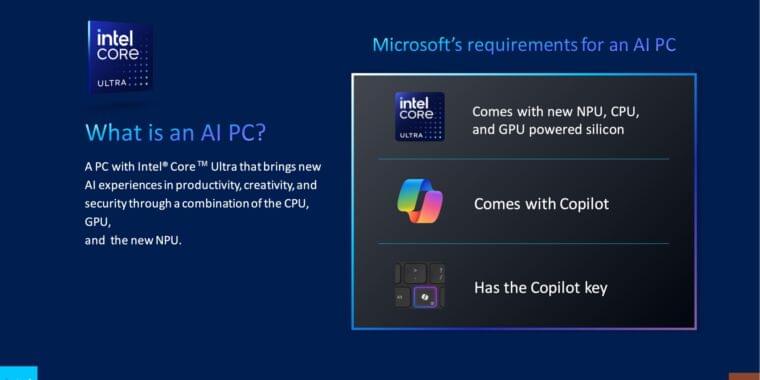Newly discovered HTTP/2 protocol vulnerabilities called “CONTINUATION Flood” can lead to denial of service (DoS) attacks, crashing web servers with a single TCP connection in some implementations.
HTTP/2 is an update to the HTTP protocol standardized in 2015, designed to improve web performance by introducing binary framing for efficient data transmission, multiplexing to allow multiple requests and responses over a single connection, and header compression to reduce overhead.
The new CONTINUATION Flood vulnerabilities were discovered by researcher Barket Nowotarski, who says that it relates to the use of HTTP/2 CONTINUATION frames, which are not properly limited or checked in many implementations of the protocol.









